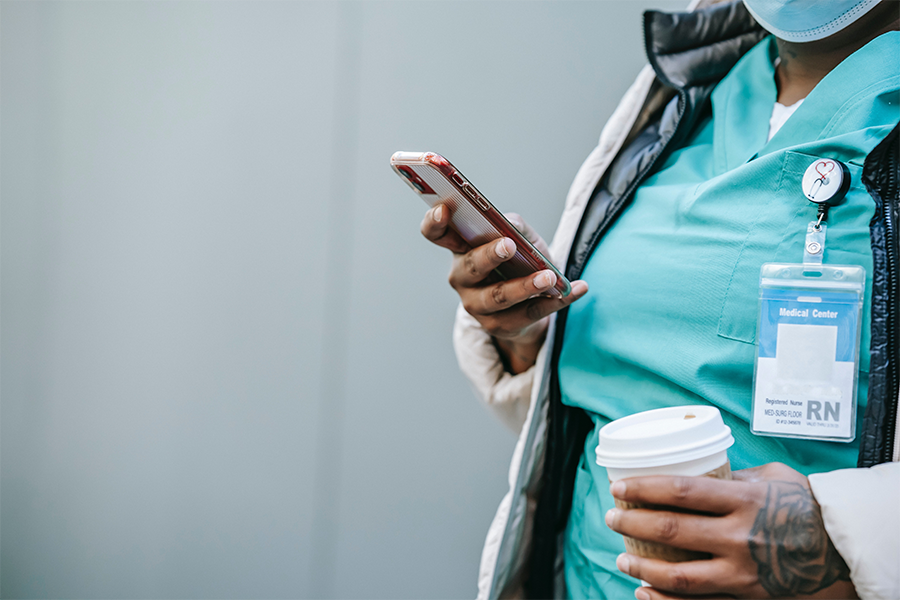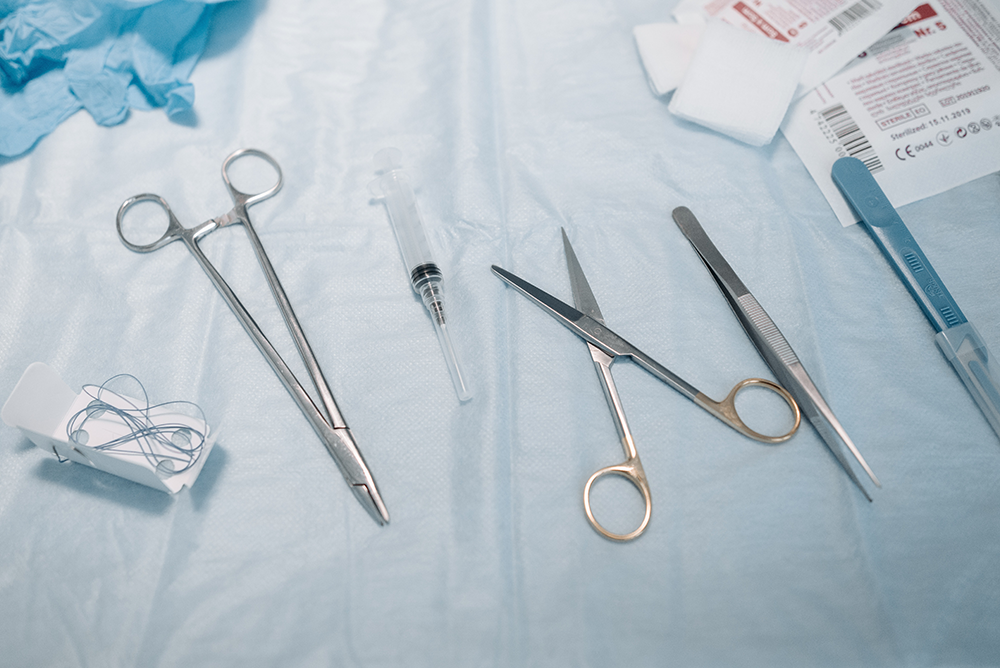
Staying on top of your goals following weight loss surgery can be difficult. It may feel like the temptations around you are unbearable, especially as Halloween just passed and the holidays begin to roll in. As a physician who has practiced bariatric surgery and medicine for 23 years, I have seen many patients succeed and equally as many fail at their weight loss. So, what are those patients doing to successfully lose weight and keep it off?
In order to efficiently see results and drop the extra pounds after surgery, it is vital to follow these tips laid out by our practice.
1. Stick to it.
Follow your weight loss program’s recommendation. This may seem obvious, but we know from experience that patients tend to follow their own dietary guidelines soon after surgery (within the first 6 to 12 months). It’s human nature to fall back into the old habits that probably contributed to obesity in the first place. At Live Healthy MD, we teach our patients how to think of food differently and to consistently apply our “Food Test Rule” to their every day life in order to make healthy food choices that will help them maintain the weight that they lost.
2. Lose it fast.
It’s very important to try to lose as much weight as possible during the “honeymoon period”, or the time immediately following surgery. Those individuals who follow the “letter of the law” as long as possible will lose more weight in the long run. Therefore, when the inevitable 10% weight gain occurs, it will not be as significant for the patient’s overall weight and health.
3. Get active.
Regular, consistent physical activity of even a modest amount helps patients prevent weight regain. We are realistic and understand that patients will have some “dietary indiscretions” from time to time. Therefore, regular exercise in the amount of about 120 minutes per week (30 minutes for 4 days) will allow those occasional indiscretions without suffering from weight regain.
4. Sugar and Snacks.
The two behaviors that contribute to weight gain the most are drinking sugary beverages and frequent snacking. Ultimately, the only reason someone gains weight is due to the over consumption of carbohydrates/sugar. We often don’t consider what we drink as a contributing factor to weight, but in the last several decades this is likely the most significant reason for the obesity epidemic that is being experienced in the western world. This is due to the fact that sugary drinks have no nutritional value and thus do not fill you up for long after the bubbly carbonation is burped out. Similarly, sugary drinks are typically consumed as a compliment to your meal.
Frequent snacking is the second behavior that often leads to significant weight gain after weight loss surgery. This, again, is simply due to the nature of these food items being full of carbohydrates and sugar. Snack foods are “low density” food items, often referred to as “slider foods” by patients (i.e. chips, crackers, fruits, etc.) and most of which are full of carbohydrates and not protein.
5. Follow-up.
Those patients that maintain regular and frequent contact with their weight loss provider do much better at not only maximizing their overall weight loss, but also avoiding significant weight regain. By attending follow-up visits with your physician, you are likely to mitigate the bad behavior that is causing the weight regain. Similarly, your physician will be able to identify any possible medications that are preventing successful weight loss.
In our experience the most common reason an individual fails to get help after weight loss surgery is due to feelings of embarrassment and a sense of failure if and when they have regained the weight. We want our patients to know that weight regain is not a sign of failure. Most of the time, the patient's overall health is still significantly better after surgery. Therefore that is one great accomplishment in and of itself. At Live Healthy MD, we understand that time constraints and financial barriers can lead to infrequent contact with our office. However, we still encourage every patient to at least come in to see a physician or to make an appointment with our nutritionist in person or over the phone. We never charge a fee for these services.
6. Seek support.
Regular support group attendance has been shown, in many studies, to improve patients’ long-term outcomes after weight loss surgery. A properly run support group provides an informal way to maintain contact with the patient’s weight loss provider while at the same time providing ongoing education about proper nutrition and lifestyle changes.
At Live Healthy MD, we provide an active support system run by our nutrition staff. Every meeting is a new topic in the area of weight loss. We understand not all of our patients are able to physically make it into the office, therefore we offer a live streaming of the group presentations on Facebook. If you are interested in attending a support group, you can call our office to find out when the next meeting is or learn more about joining the closed Facebook group.
7. Medicine is healing.
In our program at Live Healthy MD, we are very aggressive about helping our patients achieve their goals. We know very well that weight loss surgery will assist everyone in losing weight, however it is not guaranteed that everyone will achieve their goals. In order to get the most out of the surgery, we are not hesitant to put our patients on weight loss medications in an effort to assist with reducing cravings that might be contributing to slower weight loss or even weight gain. Regular contact with our patients makes it possible to catch patients earlier if they are not progressing with their weight loss in a manner that we like to see.












